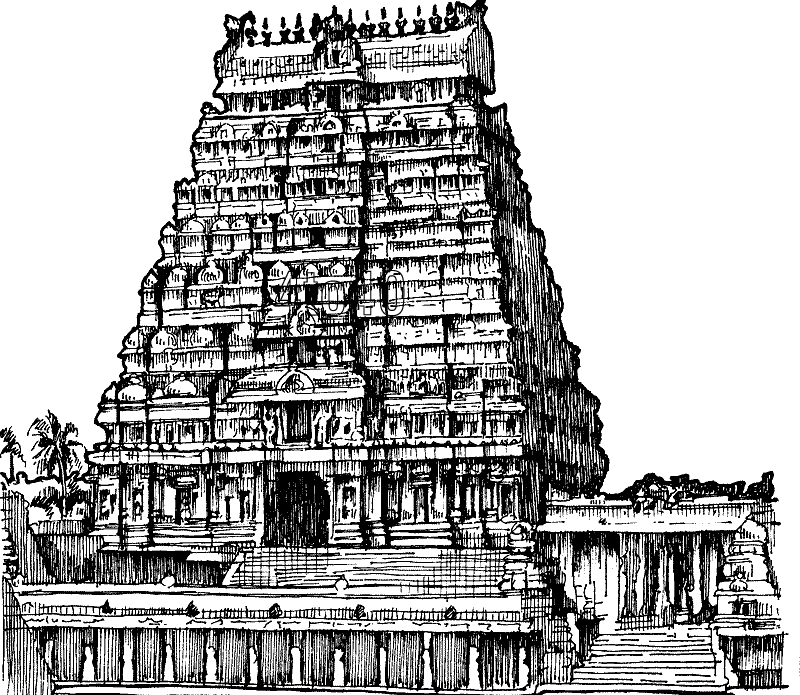LALITHA SAHASRANAMAM - Namah # 155
- S Subramaniam
- Jan 6, 2023
- 2 min read
LALITHA SAHASRANAMAM
@ S. Subramaniam

[ 46 Nishkarana Nishkalanka
Nirupadhir Nirishvara ]
नीरिश्वरा (155)
Nirishvara (155)
Meaning
Devi is the Supreme ruler.
She does not have a superior.
Interpretation:
Ishvara should be understood, only as far this Namah is concerned as superior or master. The word Nir negates it and Devi is addressed as Nirishvara.

One might argue that Lord Shiva is above Her in hierarchy. Also the gender of the term is masculine and therefore it refers to Shiva and not to Devi. If it were to relate to Devi it should have been Ishwari.
First of all in divinity there is no grammar, there is no gender. And Yes the term does relate to Lord Shiva. It should be clearly remembered that Shiva is always depicted in Prakasha form or as the static partner who doesn't involve directly in the act of creation. Devi is depicted in Vimarsha, the execution / administrative form. Shiva doesn't interfere in Devi's role and therefore she doesn't have a superior and is referred to as Nirishvara.
Author's Notes
Nirishvara is perhaps a term that has a wider meaning than the one assigned to it above. It depends upon how we interpret the word Iswara.
Ishwara literally means God and Nirishvara therefore stands for non Godliness or non-existence of God.
Hindu atheism or non-theism, which is known as Nirishvaravada निरीश्वरवाद

However, in the opinion of this author, Nirishwaravadis cannot be branded as pure atheists as they accept Vedas and Scriptures and what is mentioned in them. They raise questions only about the physical form of God.
According to them Gods named in the Vedas had no physical existence apart from the mantras that speak their names. Therefore the power of the mantras should be considered superior to the power of God. So God exists not in physical form but in the form of Mantras.





Comments